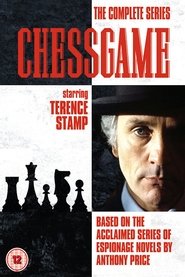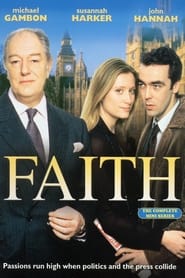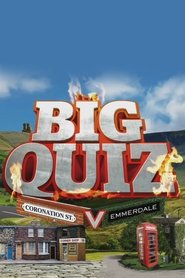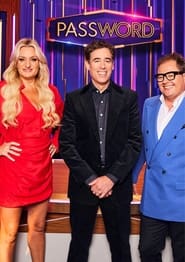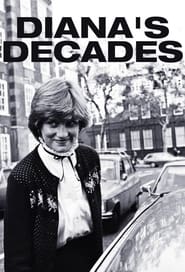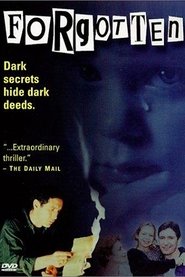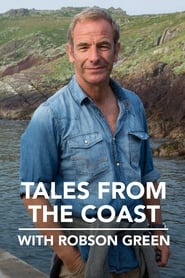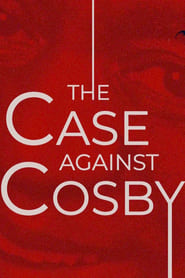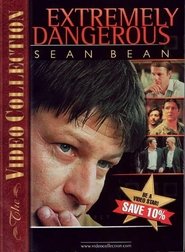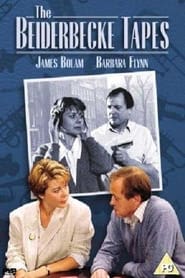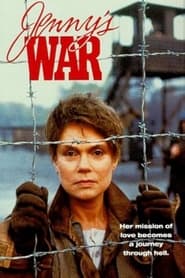Itv1 TV Series - Page 69
-
Sooty
2001
star 1'Sooty' is the forth incarnation of 'The Sooty Show' and a revamp of the format of 'Sooty Heights', The gang are still running their hotel, but now the human characters have been almost completely phased out and the focus is on the puppets. -
Chessgame
1983
star 6Chessgame is a British television series produced by Granada Television for the ITV network in 1983. Based on a series of novels by Anthony Price, the series dealt with the activities of a quartet of counter-intelligence agents: David Audley, Faith Steerforth, Nick Hannah and Hugh Roskill. One series of six episodes was made. ⁕The Alamut Ambush ⁕Enter Hassan ⁕The Roman Collection ⁕Digging up the Future ⁕Flying Blind ⁕Cold Wargame The series was rebroadcast as three TV movies in 1986 called The Alamut Ambush, The Deadly Recruits, and The Cold War Killers. -
Faith
1994
star 10Michael Gambon stars in this high-tension thriller of political corruption and international intrigue. Peter Moreton, a high-ranking government official, scrambles to keep his secret lifestyle hidden from the world when his daughter purposely leaks his affair to a reporter she is dating. Nick Simon is the reporter caught between his love for Moreton’s daughter Polly and his desperation to keep his job and land the biggest story of his career. -
Britain's Whales and Sharks
2016
Over two programmes, Britain’s Whales and Britain’s Sharks, Ben Fogle and Ellie Harrison go in search of Britain’s sharks and whales. Using the biggest bait on Earth they witness the greatest gathering of sharks ever seen in UK waters and come face to face with a pod of giant Humpbacks. Viewers will get to witness the first ever study of a whale fall event in the UK. Supported by leading experts, both programmes promise to present an unrivalled opportunity for viewers to gain a close insight into marine life around the British Isles. -
Password
2024
star 3Alan Carr and Daisy May Cooper lead teams in a word association challenge. Packed with laughs and wild guesses, teams compete through multiple rounds, culminating in a thrilling Jackpot final with a cash prize on the line. -
Barking!
0000
Barking!
0000
Barking! is a British children's TV series that produced two series between 2004 & 2005. The show was originally broadcast on ITV1's children's slot CITV. It stars Katy McGowan as Jezza, a teenage girl with a talking dog named Georgie, voiced by Will Mellor. Other major characters in the show included Jezza's mother, Pippa, her stepbrothers Dan and Ollie, and her stepfather, Greg. -
Cold Water
0000
Cold Water
0000
John, a repressed man, is shocked to find himself in middle age, secretly raging at his life as a stay-at-home dad. When his failure to intervene in a violent confrontation in a playground brings his identity crisis to a head, John ups and moves his family to the rural idyll of Coldwater, as far away from London as possible. Upon arrival, John is quickly befriended by next-door neighbour Tommy, a charming, confident man, devoted husband to the local vicar Rebecca. John is both impressed and slightly fascinated by Tommy whilst his wife Fiona despises him. When her husband’s relationship with their enigmatic new neighbour becomes increasingly intense, Fiona’s suspicions are aroused. She is unconvinced Tommy is all he seems to be, but John remains blissfully unaware that Tommy is harbouring horrifying secrets. -
Diana's Decades
2021
Diana's Decades
2021
Princess Diana was an icon who both captured and transformed the spirit of the times. Following how this thoroughly modern princess emerged from the bra-burning spirit of the 1970s and helped transform not just the Royal Family, but Britain itself. -
Donovan
2004
Donovan
2004
Joe Donovan, a former forensic scientist-turned-author, finds himself investigating evil crimes and wrongdoings that are often a little too close to home for comfort. -
Made in Heaven
1990
Made in Heaven
1990
-
Forgotten
1999
star 7.3Ben Turner runs a second-hand bookshop in a lovely English village, lives in a bed-and-breakfast run by his devoted wife, and has a perfect 7-year-old daughter. But the cracks in this idyllic world begin to show the day a local girl is murdered and the enigmatic Rachel Monroe appears. Rachel is convinced that Ben is the killer of her daughter who died 20 years earlier. She confronts him and demands to know where the body is—or else. -
Tales from the Coast with Robson Green
2017
star 6Join Robson Green as he explores the shores of Britain, on a journey to find out just what it is that makes our coast so special and how as an island nation, Britain has been shaped and defined by its relationship with the sea. -
The Case Against Cosby
2022
star 4.5Follow the harrowing journey for justice driven by the only survivor whose case could be tried in a court of law, Andrea Constand. Based on her memoir, 'The Moment: Standing Up to Cosby, Speaking Up for Women', The Case Against Cosby reveals the stories of the many who have finally been able to raise their claims publicly against the serial sexual predator and television icon, Bill Cosby. -
Extremely Dangerous
1999
Extremely Dangerous
1999
Extremely Dangerous is a 1999 four part series for ITV starring Sean Bean as an ex-National Criminal Intelligence Service undercover agent convicted of the brutal murder of his wife and child who goes on the run to try and clear his name. He sets out to follow up a strange clue sent to him in prison. The boss of a local crime syndicate, a former associate, hears of his escape and sends out the word to bring him in. On the run from the police and disowned by his NCIS colleagues, he is faced with the fact that he may be guilty. -
Monte Carlo or Bust
2010
Monte Carlo or Bust
2010
-
Wonders of the Borders
2022
Sean Fletcher explores the dramatic and changing scenery along the famous Offa’s Dyke Path on the Wales-England border. -
The Beiderbecke Tapes
1987
star 6.6The Beiderbecke Tapes is a two-part British television drama serial written by Alan Plater and broadcast in 1987. It is the second serial in The Beiderbecke Trilogy and stars James Bolam and Barbara Flynn as schoolteachers Trevor Chaplin and Jill Swinburne. When a tape recording of a conversation about nuclear waste inadvertently falls into Trevor's hands, Trevor and Jill find themselves being pursued by national security agents. -
Jenny's War
1985
star 5.5Jenny's War is a 1985 war television serial set during World War II, made by HTV in association with Columbia Pictures. It is directed by and written by Steve Gethers. The screenplay is based on the novel with the same name of Jack Stoneley. In the UK it was shown as four 50 minute episodes on the ITV network, while in the United States it was syndicated under the Operation Prime Time banner by MCA TV. The serial stars Dyan Cannon, Nigel Hawthorne, Robert Hardy Christopher Cazenove and Hugh Grant, and is about a mother, Jenny Baines, who searches for her son Peter, who was shot down over Germany, and who she believes is still alive.

